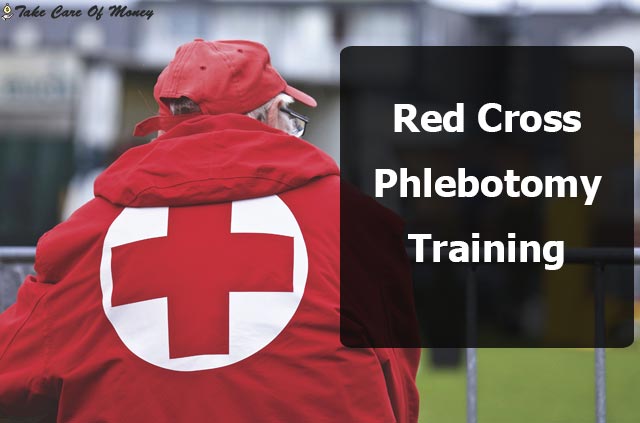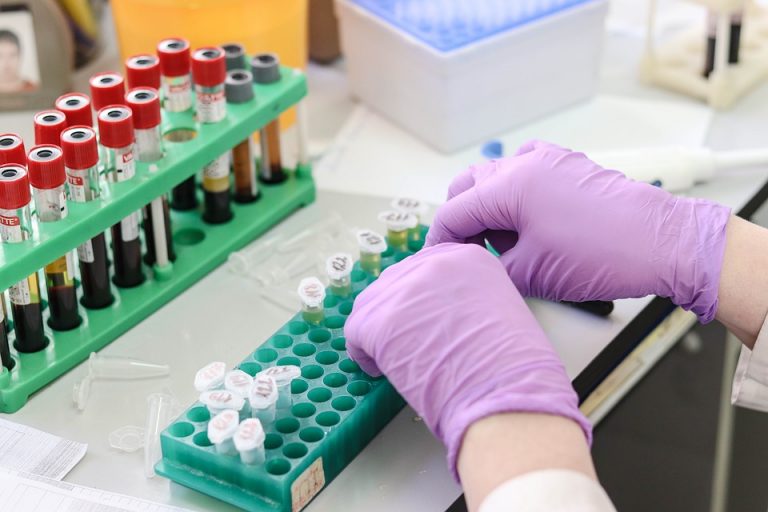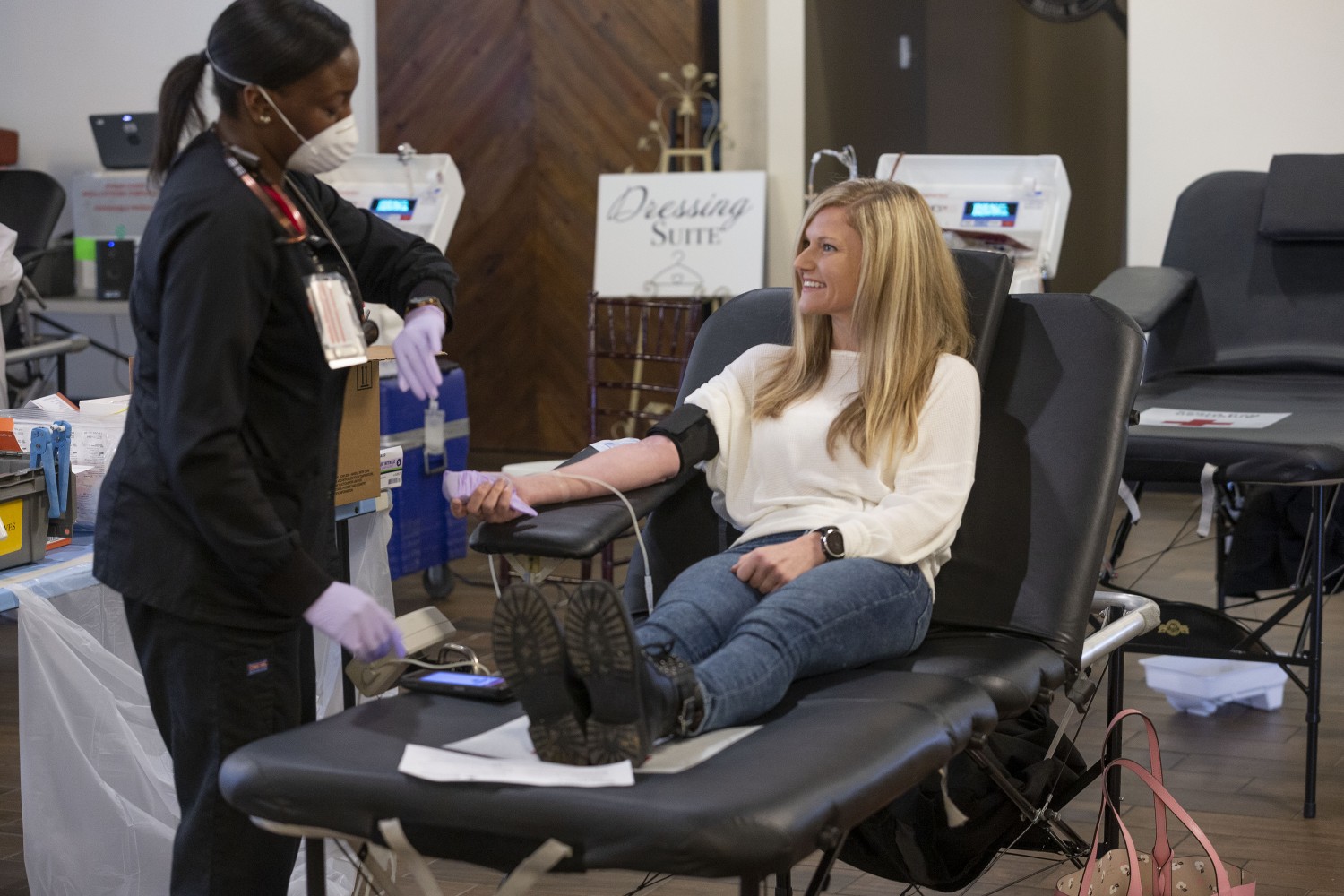

Ideal for sitters aged 11-15, self-paced, online-only course teaches basic childcare, basic first aid and safety and guidance on developing a babysitting business.ĭesigned for ages 16, enables students to learn while having fun the most common child care routines and behavior along with safety inside and outside of the house. What Program is Right for You? Red Cross North Carolina Babysitter Course Options include: The format of the classes depends on which course you choose to take with us. These courses deliver the latest information to help you care for children when their parents can't be with them. The Red Cross offers multiple different options for babysitter certification classes in North Carolina. Become the best sitter you can be – and be prepared for the moments that matter – with Red Cross babysitting courses. In fact, in an American Red Cross survey, 8 in 10 parents said they would pay more for a sitter who is trained in CPR, first aid and child care skills.
#Phlebotomy american red cross professional#
Our training incorporates a broader spectrum of scientific recommendations from other recognized professional organizations, including rigorous, expert review from the Red Cross Scientific Advisory Council. Unlike other educational providers, the Red Cross curriculum goes beyond a cardiac focus, which makes our programs unique and more robust.

The cornerstone of the science-based Red Cross BLS course is built upon guidance from the International Liaison Committee on Resuscitation (ILCOR) and the Consensus on Science with Treatment Recommendations (CoSTR), the world’s most authoritative source for resuscitation knowledge. Basic Life Support (BLS) classes in North Carolina are taught by local Red Cross Instructors.

Our modern, adaptive resuscitation training solutions not only equip you with the latest knowledge to help ensure better outcomes but also are designed to save you time and money. Whether it’s a cardiac emergency at home, at school or in your community, when CPR and AED are administered, the chance of survival improves dramatically.ĭo you require advanced resuscitation training for your job in North Carolina? American Red Cross Basic Life Support (BLS) classes serve as the foundation of resuscitation training for healthcare professionals who are seeking to meet competency verification, education, credentialing and privileging requirements. Multiple delivery options are available online, online+classroom or Instructor-led. This focus, in combination with a robust suite of informational and skill videos, allows students to participate in active learning, featuring peer-to-peer learning, with more hands-on skill practice during a shorter overall class. The Red Cross CPR/AED program has an enhanced focus on life-threatening emergencies and the skills needed to respond to them quickly, when minutes matter. Our programs satisfy OSHA-mandated job requirements, workplace or other regulatory requirements. Red Cross CPR/AED training provides a personalized approach that is flexible, efficient and cost effective. According to the jobs website Glass Door, American Red Cross phlebotomy jobs pay between $10 and $23 per hour.Our North Carolina CPR/ AED classes combines a new, game-changing educational model with the latest science-based advancements in lifesaving care. Opportunities vary by location, so check with your local Red Cross branch or visit an employment website for current listings. The American Red Cross frequently has phlebotomy jobs for entry-level and experienced workers. This allows students to become entry-level phlebotomists (PBT). Following training, students are eligible to take the National Healthcareer Association (NHA) exam to receive national certification. Students completing the phlebotomy training will receive a certification of completion. Hand washing with antibacterial soap is vital in killing bacteria and avoiding disease. The use of these items reduces the risk of exposure to infectious materials.
#Phlebotomy american red cross how to#
Students will learn how to use protective wear, including gloves, masks and eye wear. According to the CDC, blood is the most important source of HIV and blood-borne disease transmission. In phlebotomy classes at the Red Cross, students will learn and apply and apply the standard precautions of safety developed by the federal government's Centers for Disease Control and Prevention (CDC).


 0 kommentar(er)
0 kommentar(er)
